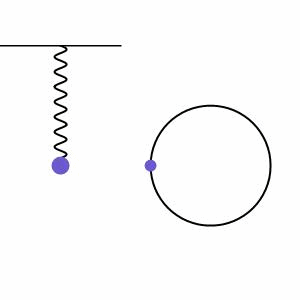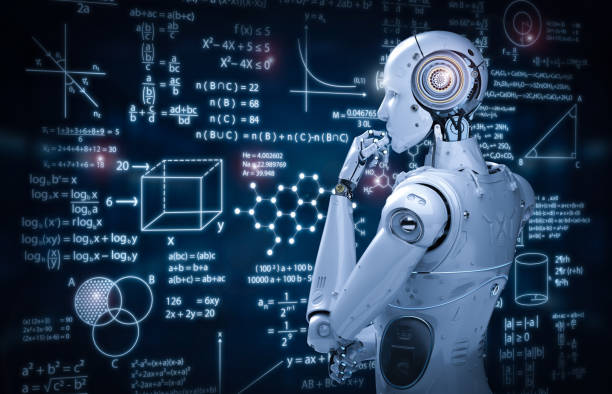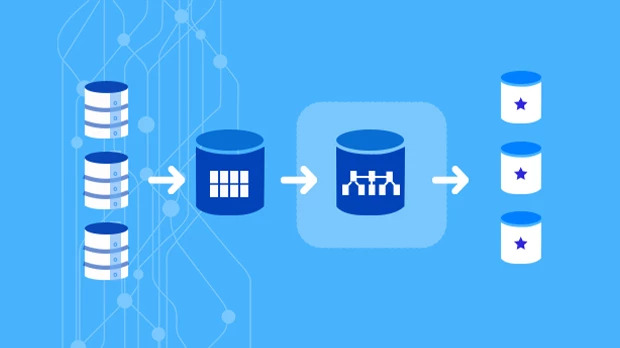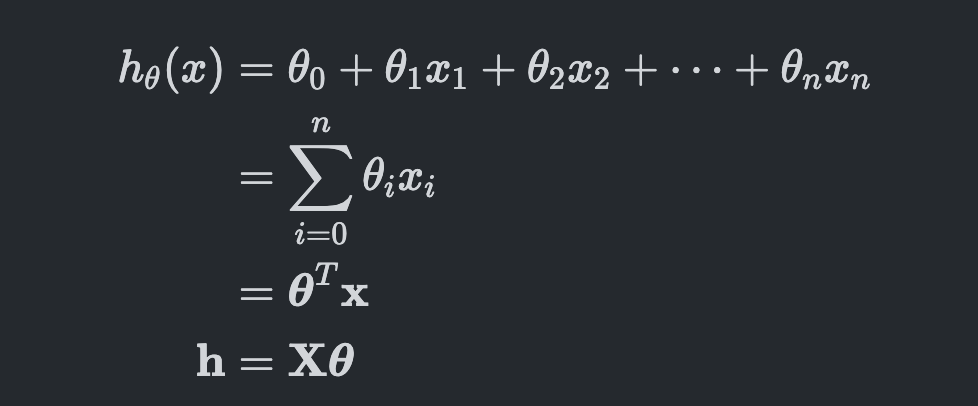
- Teacher: Prof. Asanga Ratnaweera
- Teacher: Prof C. S. Bandara





This course enables the learners to understand the advanced concepts and algorithms
in machine learning. The course covers the standard and most popular supervised learning
algorithms such as linear regression, logistic regression, decision trees, Bayesian learning and the
Naive Bayes algorithm, basic clustering algorithms and classifier performance measures. This
course helps the students to provide machine learning based solutions to real world problems.

The course emphasizes on emerging data models and technologies suitable for managing different types and characteristics of data. Students will develop skills in analyzing, evaluating, modeling and developing database applications with concerns on both technical and business requirements.
The course objective is to provide students hands-on programming skills and best practices related to Data Science and Artificial Intelligence. It is a laboratory course in which students will develop programming skills in loading, cleansing, transforming, modeling and visualizing data.

The course provides a foundation in the essential principles of machine learning and deep learning. Students will actively participate in assignments and hands-on projects, affording them practical exposure in developing machine learning-based applications. The predominant programming language employed throughout the course is Python. Prerequisites in programming experience and understanding of linear algebra will be helpful.